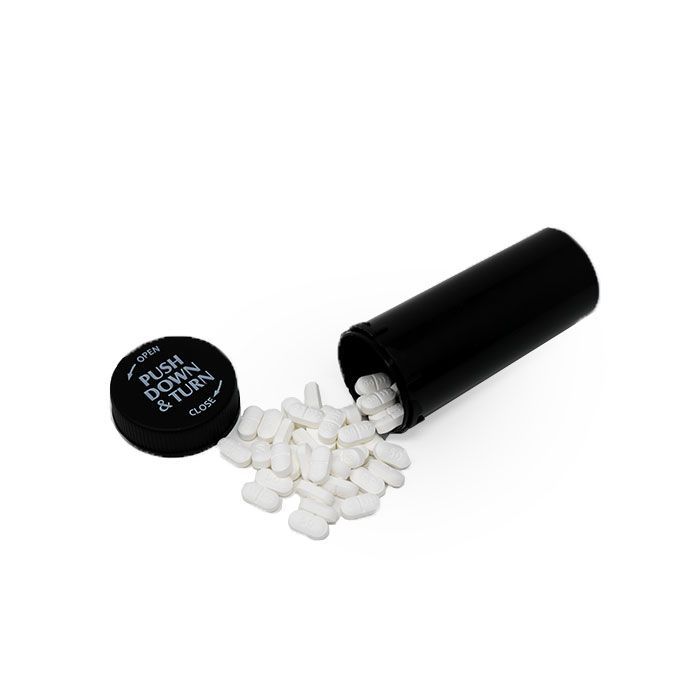Levothyroxine - Generic Synthroid
Thyroid Health
Levothyroxine, the generic equivalent of Synthroid. This widely prescribed medication effectively treats hypothyroidism by supplementing the thyroid hormone. Choose Levothyroxine for its proven reliability, helping restore energy levels, support metabolism, and improve overall well-being. Trust in this trusted medication for thyroid management, ensuring a balanced and healthy lifestyle.
IMPORTANT SAFETY INFORMATION
Before taking Levothyroxine sodium tablets:
- Tell your doctor if you are pregnant or breastfeeding or are thinking of becoming pregnant while taking levothyroxine. if you are pregnant or breastfeeding or are thinking of becoming pregnant while taking levothyroxine.
- Tell your doctor if you are taking any other drugs, including prescription and over-the-counter products. Tell your doctor about any other medical conditions you may have, especially heart disease, diabetes, blood clotting problems, and adrenal or pituitary gland problems.
Levothyroxine sodium tablets, generic levothyroxine, for oral use is a prescription, man-made thyroid hormone that is used to treat a condition called hypothyroidism. It is meant to replace a hormone that is usually made by your thyroid gland. Generally, thyroid replacement treatment is to be taken for life. Levothyroxine should not be used to treat noncancerous growths or enlargement of the thyroid in patients with normal iodine levels, or in cases of temporary hypothyroidism caused by inflammation of the thyroid gland (thyroiditis).
Use levothyroxine only as ordered by your doctor. Take levothyroxine as a single dose, preferably on an empty stomach, one-half to one hour before breakfast. Products such as iron and calcium supplements and antacids can lower your body’s ability to absorb levothyroxine, so levothyroxine should be taken 4 hours before or after taking these products.
Thyroid hormones, including levothyroxine, should not be used either alone or in combination with other drugs for the treatment of obesity or weight loss. In patients with normal thyroid levels, doses of levothyroxine used daily for hormone replacement are not helpful for weight loss. Larger doses may result in serious or even life-threatening events, especially when used in combination with certain other drugs used to reduce appetite.
Taking too much levothyroxine has been associated with increased bone loss, especially in women after menopause. Once your doctor has found your specific levothyroxine dose, it is important to have lab tests done, as ordered by your doctor, at least once a year.
Foods like soybean flour, cottonseed meal, walnuts, and dietary fiber may cause your body to absorb less levothyroxine from the gastrointestinal tract. Grapefruit juice may cause your body to absorb less levothyroxine and may reduce its effect.
Your dose of levothyroxine may need to be increased during your pregnancy. It may take several weeks before you notice an improvement in your symptoms.
Do not take Levothyroxine sodium tablets:
- if you have uncorrected adrenal problems
Tell your doctor if you develop any of the following symptoms: rapid or abnormal heartbeat, chest pain, difficulty catching your breath, leg cramps, headache, nervousness, irritability, sleeplessness, shaking, change in appetite, weight gain or loss, vomiting, diarrhea, increased sweating, difficulty tolerating heat, fever, changes in menstrual periods, swollen red bumps on the skin (hives) or skin rash, or any other unusual medical event.

